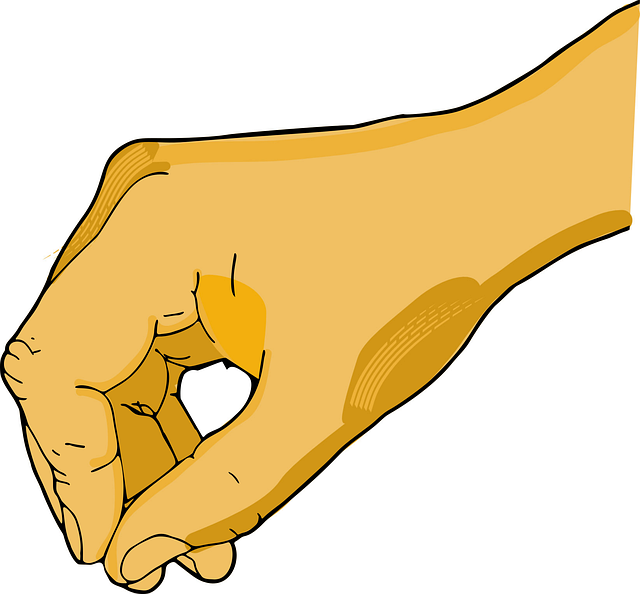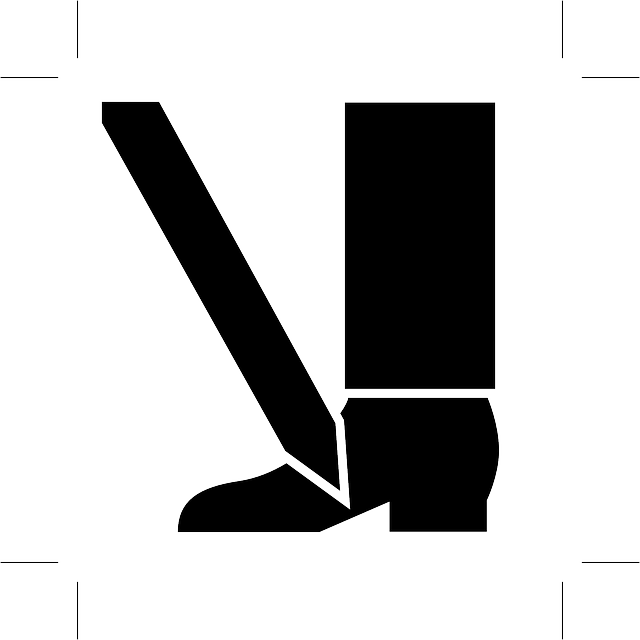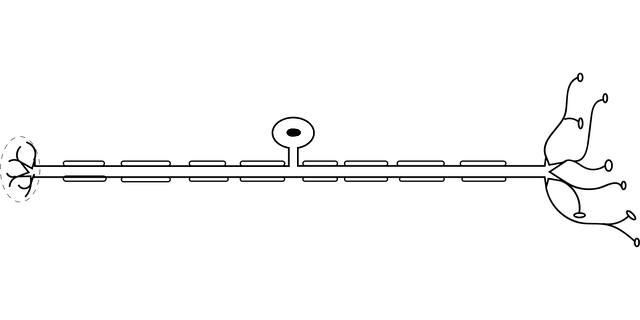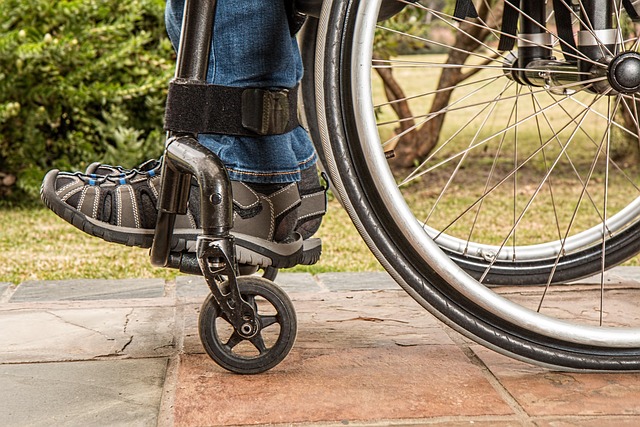CRMA scans, advanced imaging tools, reveal subtle changes in spine structure and ligaments often injured in car collisions, aiding diagnoses of chronic pain and whiplash-related symptoms. These detailed assessments help chiropractors develop personalized treatment plans and provide compelling evidence for legal professionals navigating complex claims related to spinal ligament injuries from car collisions. Chiropractic care, combined with CRMA scans, offers a holistic approach to managing these commonly overlooked yet significant injuries.
“Uncover the power of CRMA (Chronic Regional Pain Management) scans as a compelling tool for supporting whiplash legal claims. This article explores how advanced imaging can provide concrete evidence in cases involving car collisions and spinal ligament injuries, revolutionizing the way chiropractic care is integrated into legal proceedings.
By delving into these key areas, we aim to demonstrate the significance of CRMA scans in ensuring justice for victims, highlighting the intricate relationship between automotive accidents and subtle yet significant spinal ligament damage.”
- Understanding CRMA Scans: A Tool for Whiplash Claims
- The Role of Spinal Ligament Injuries in Car Collisions
- Integrating Chiropractic Care with Legal Proceedings
Understanding CRMA Scans: A Tool for Whiplash Claims
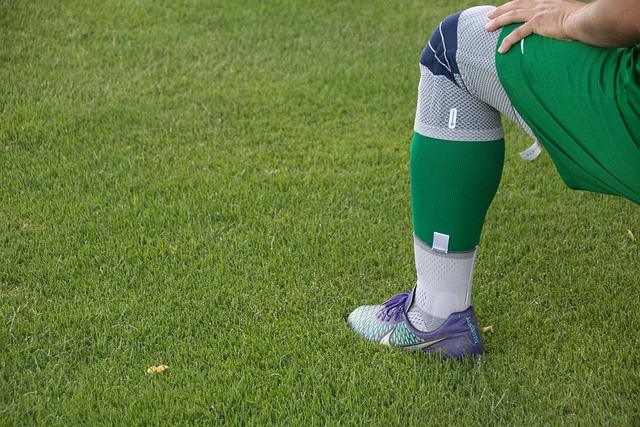
CRMA (Chronic Regional Pain Management Analysis) scans are a valuable tool in the field of whiplash legal claims, offering a detailed and objective assessment of spinal ligament injuries often associated with car collisions. This advanced imaging technique goes beyond traditional X-rays or MRI scans by providing a comprehensive view of soft tissue damage, which is particularly relevant in diagnosing and quantifying whiplash-related symptoms.
By utilizing CRMA technology, healthcare professionals can identify subtle changes in the spine’s structure and surrounding ligaments, helping to validate the presence and extent of a patient’s injuries. This is crucial when navigating legal proceedings, ensuring that chiropractic care recommendations are backed by concrete evidence. The scan’s ability to detect chronic pain patterns and associated neurologic impairments adds weight to whiplash claims, aiding attorneys and adjusting to build compelling cases.
The Role of Spinal Ligament Injuries in Car Collisions
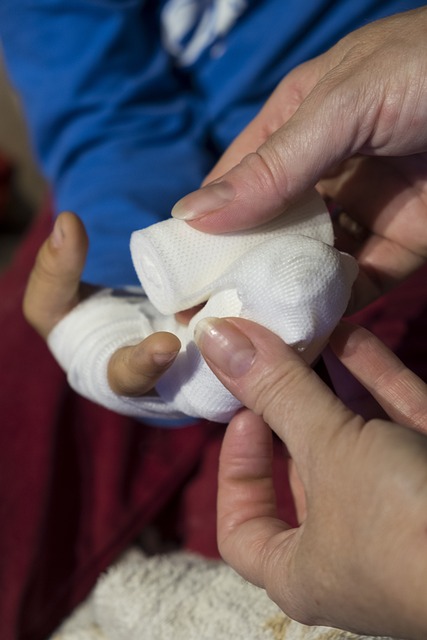
In car collisions, spinal ligament injuries often play a significant role in the overall severity and recovery process. These injuries are among the most common types of damage sustained during such incidents, as the spine is particularly vulnerable to sudden impacts and forced movements. Spinal ligaments provide stability and support to the vertebral column, and when strained or torn, they can lead to a range of symptoms, including chronic pain, reduced mobility, and nerve compression.
Chiropractic care has emerged as a valuable tool in managing these injuries, offering non-invasive treatments that can alleviate pain and promote healing. CRMA (Chronic Regional Pain Management) scans, with their advanced imaging capabilities, play a crucial role in diagnosing and supporting whiplash claims by providing detailed evidence of the extent of spinal ligament damage. This technology enables chiropractors to develop personalized treatment plans, ensuring patients receive the most effective care for their specific condition.
Integrating Chiropractic Care with Legal Proceedings
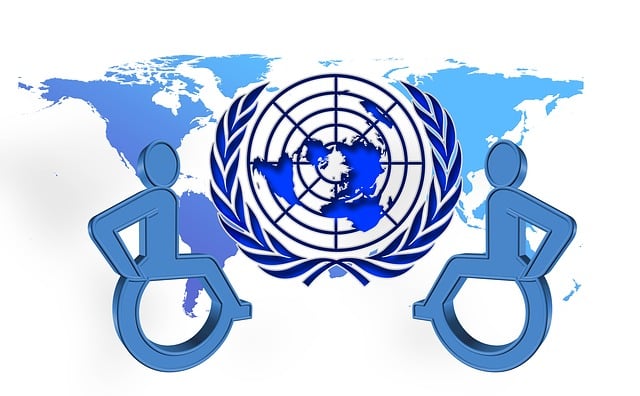
In the aftermath of a car collision, Chiropractic Care plays a pivotal role in managing and documenting spinal ligament injuries. This alternative treatment method offers a holistic approach to patient recovery by addressing the musculoskeletal system, often overlooked in traditional medical assessments. Chiropractors utilize specialized techniques to assess and treat whiplash-related injuries, providing valuable insights into the extent of damage.
Integrating Chiropractic Care with legal proceedings can significantly strengthen whiplash claims. Comprehensive Reports on Minimal Discomfort (CRMA) scans, a specialized diagnostic tool used by chiropractors, offer detailed evidence of spinal ligament injuries. These scans provide visual documentation of misalignments and tissue damage, serving as compelling evidence in support of legal claims. Such integrated care ensures that patients receive comprehensive treatment while also furnishing robust, scientifically backed evidence to assist legal professionals in navigating complex whiplash cases.
CRMA scans offer a powerful tool in supporting whiplash legal claims by providing evidence of spinal ligament injuries often associated with car collisions. Integrating chiropractic care into legal proceedings can enhance the understanding and documentation of these injuries, leading to more effective claim management. By leveraging both medical expertise and legal knowledge, professionals can ensure that victims receive adequate compensation for their losses, reflecting the impact of whiplash and related spinal ligament injuries in automotive accidents.







